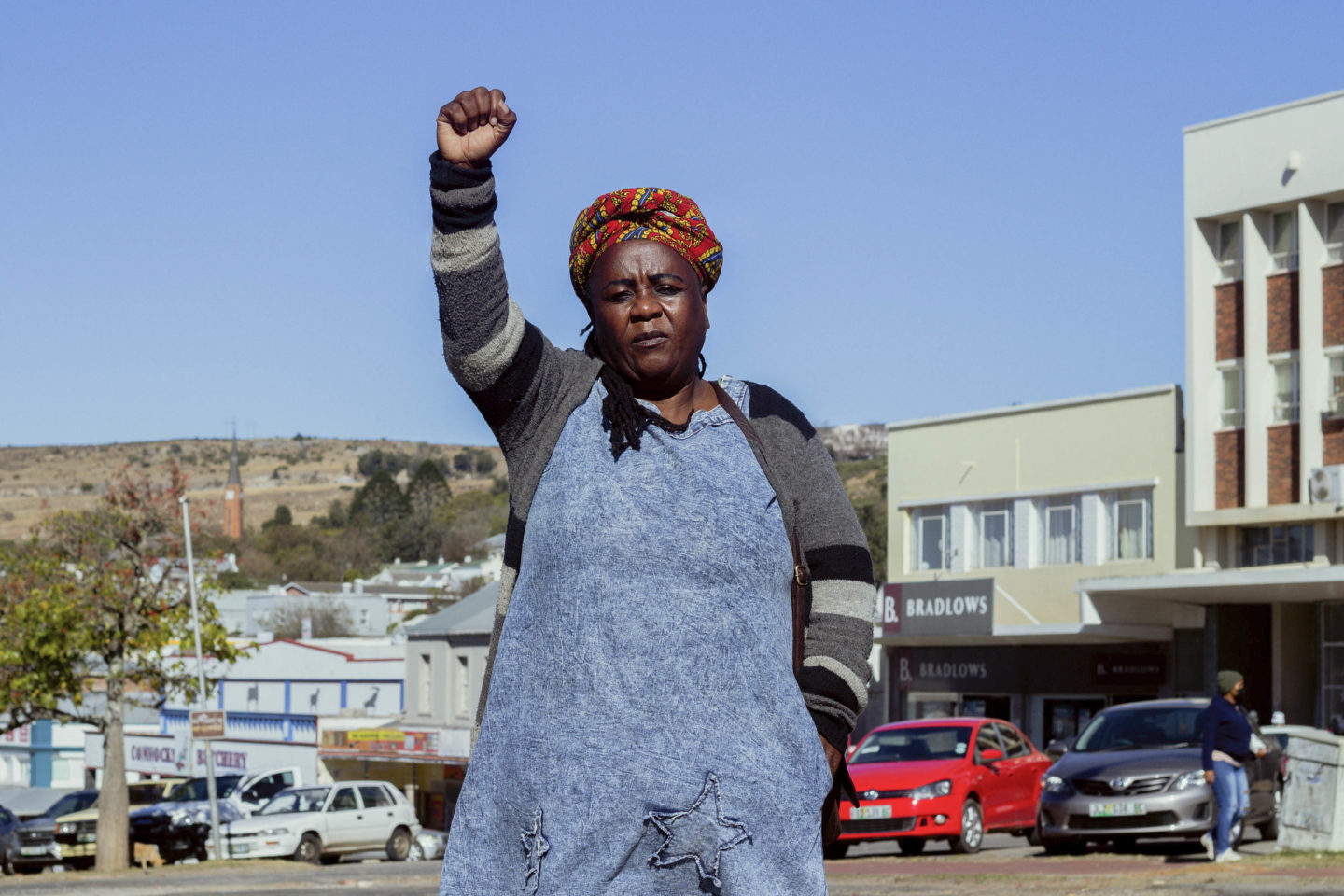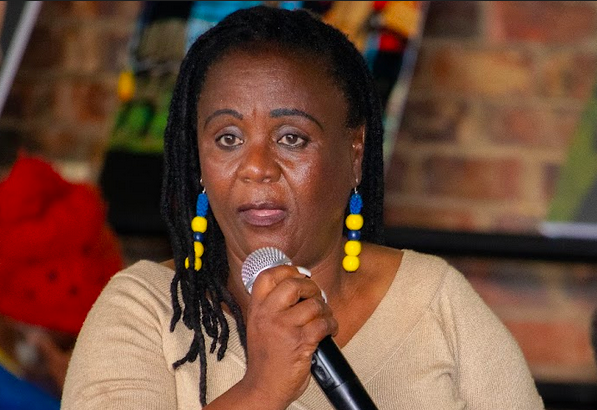By Nosigqibo Soxujwa, Makana Citizens’ Front chairperson
Right now, we have not had water for more than seven days. Life is very difficult. There is no life for us, really. We have even now limited ourselves when it comes to drinking water. In fact, we allocate one jug of water for the whole family to wash. That is about 200ml each, or just one cup for each person to bathe with.
Water is a serious concern. It affects us a lot, mostly as women and girls. By nature, we use water a great deal. We see that the municipal and other government officials are doing very little, if anything, to supply us with water.

Where I live, in the part of Joza that is in Ward Two, we commonly stay for three days to one week without water. It has actually become extremely difficult for us to get water there. It is very rare for us to see the water delivery truck. Elderly people are most affected and they end up not taking their medication because they do not have water to help them swallow their pills. They also cannot cook for themselves when they cannot get water. All of the residents cannot wash or do laundry.
Some children do not go to school on a Monday if their parents have not been able to wash their uniforms the previous weekend. Other children must go to school wearing unwashed uniforms and without having had any cooked food because there is no water for cooking or washing.
So really, this water crisis issue is disturbing our lives. It really affects the poor communities in Makhanda because most people in our community do not have the means to fetch water from the places that other people can go to, such as the spring or the supermarkets. We have no resources. We have been talking about this for years and still, there is no change.

The water truck that is supposed to deliver water to us when the taps are turned off does not have a schedule. We just hear the truck hooting when it arrives. Then we must quickly rush outside with our buckets to collect water, no matter what we might be busy with at the time. Sometimes the truck arrives when it is not needed, such as when we have water coming out of our taps. So really, I do not know what the municipality is doing.
The water truck runs out of water very fast. There is also no programme by the municipality to deliver water to the elderly, disabled, sick people, or to orphans. The truck arrives and whoever can fetch water for himself or for her house does so. Those who cannot collect their own water rely on activists to fetch water for them.
I make sure that my children and I do fetch water from the truck for those who are not able to collect their own water. The problem then is when it comes to me getting water for my own house, there is no water for me, because I started with other people.
The other problem is that we cannot get enough water from the truck for all our needs. The truck’s staff are always in a hurry. It seems that there are not nearly enough trucks to deliver water when the taps are turned off. If they come into our area, the trucks even leave while there is still a queue, saying they have to rush.
I have spoken out against this water crisis for so many years. Yet there is no change. There is no care for us in the poor communities. We are not happy, especially as women. There is really nothing good for us.
(Nosigqibo Soxujwa is also a Grade Three teacher in Joza, Makhanda and a feminist activist).


